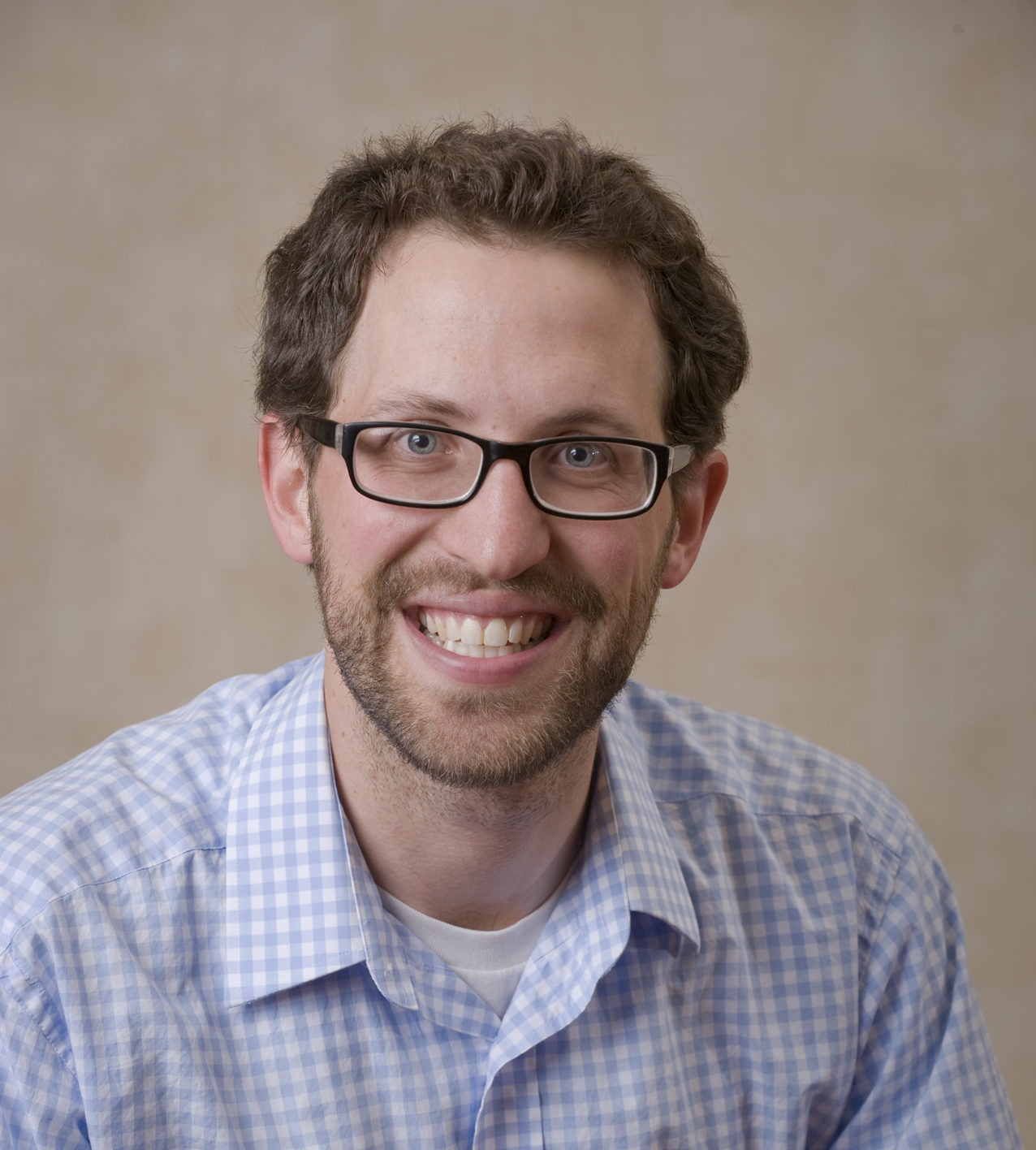We American Jews are a divided people living in a divided nation. The natural and common response to such division is a call for unity. While unity in theory is a noble aspiration, the call for unity among a group of people often reflects a dangerous and anti-Jewish desire to erase or ignore differences.
The quintessential example of communal unity can be found in the story of revelation at Mount Sinai, which we’ll celebrate on Shavuot next week. The Torah begins by telling us that “Israel encamped there in the desert in front of the mountain” (Exodus 19:2). Rashi (quoting the Mechilta) notices that the Hebrew for “encamped” is in the singular instead of the plural. He explains this peculiarity: “Israel encamped – with one heart, as one person.”
This seems to be an expression of a communal ideal. Yet, “one heart, as one person” implies uniformity in thought and action. Indeed, when it comes to thought and action, there’s no distinction between unity and uniformity. This cannot be the model for communal unity.
So without unity through action or thought, how else are we united? In name only? That renders Judaism a meaningless construct. By blood? That reduces Judaism to an ethnicity and ignores the entire purpose of revelation. By being together but not talking about our disagreements? This answer is supported by the end of that Rashi, which contrasts the encampment at Sinai with all the other Israelite encampments “… that were in complaints and in strife.” But this understanding of unity often perpetuates unjust power structures by silencing dissent.
We need an understanding of communal unity that is substantive yet not repressive.
Rabbi Shlomo Wolbe, in his work Alei Shor, presents us with one such understanding through his fascinating interpretation of revelation. He cites a midrash (Exodus Rabbah 29:1) that each person at Sinai experienced revelation according to his/her ability. He connects this to an idea from the Ramchal (Rabbi Moshe Chaim Luzzatto) that “there are 600,000 explanations of the Torah, and each person received an interpretation according to the root of his/her soul.”
This seems like extreme individualism, the opposite of unity. Rabbi Wolbe answers this challenge with the first of the ten commandments: “‘I am the Lord your G-d’ – everything comes from G-d’s unity.” Our unity is about connecting ourselves to our source – God and the Torah. So why the need for one heart? He explains: to be able to hold the Torah in its entirety – all 600,000 interpretations.
The communal unity that Rabbi Wolbe describes requires a humility to acknowledge that each of us contains only a partial truth. We therefore need each other to gain a more complete understanding of the truth. This is an understanding of unity that elevates rather than eradicates differences.
This relates perfectly to this week’s Torah portion, which begins with a census: “Raise up the head of the whole Israelite community…” (Numbers 1:2).
The Ishbitzer Rebbe writes on this verse:
The reason for raising the heads is as we have learned in the Talmud (Berachot, 58a): “This one’s mind is not like that one’s mind.” G-d apportioned each person unique goodness and life, for no two people are the same. Therefore it says “Raise up the head,” meaning, each one has to be raised up in the appropriate spot, and through this, everyone in the right place will be seen to be special and unique… if one person should take the place of another, then the whole tribe is incomplete. As, for instance, when somebody plants an orchard with a certain beautiful symmetry: if a single plant is missing or exchanged with another, it’s obvious that the orchard is incomplete.
Unity, then, is the opposite of uniformity and is rooted in an appreciation for each person’s individuality. Justice is the work of translating that idea into a reality by upholding the dignity of every person. This Shavuot, may we open our hearts to difference, allowing us to see the Torah, and our world, more expansively.

